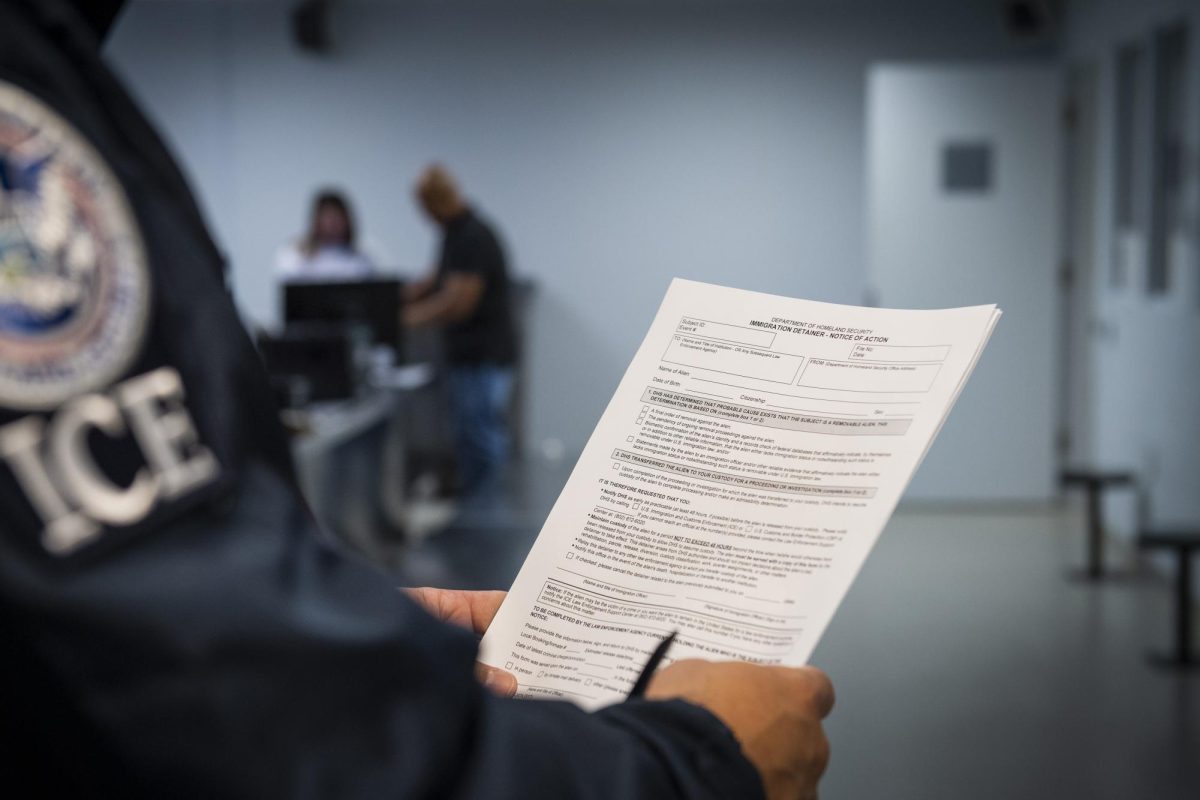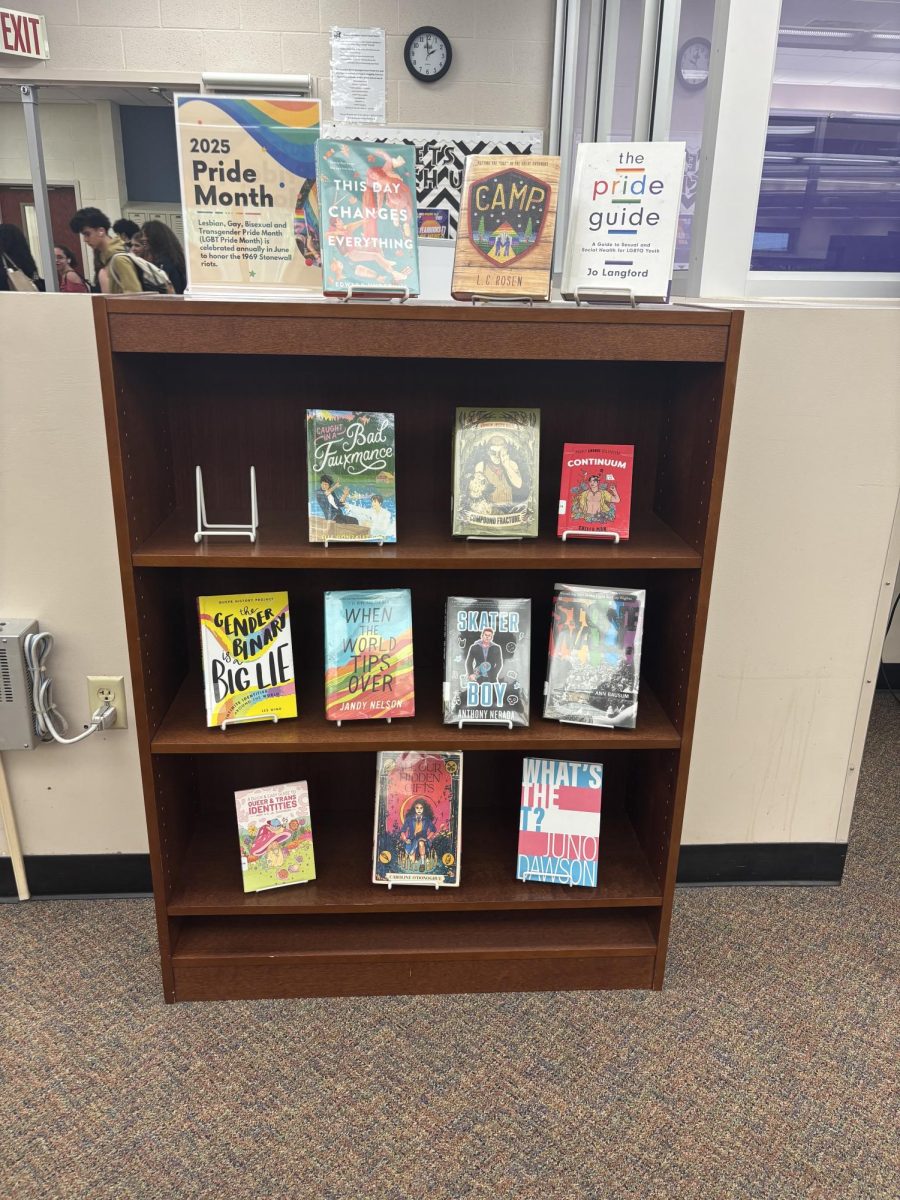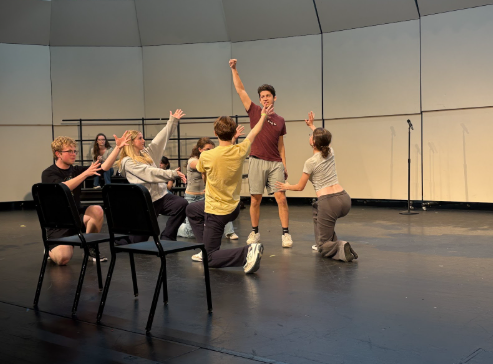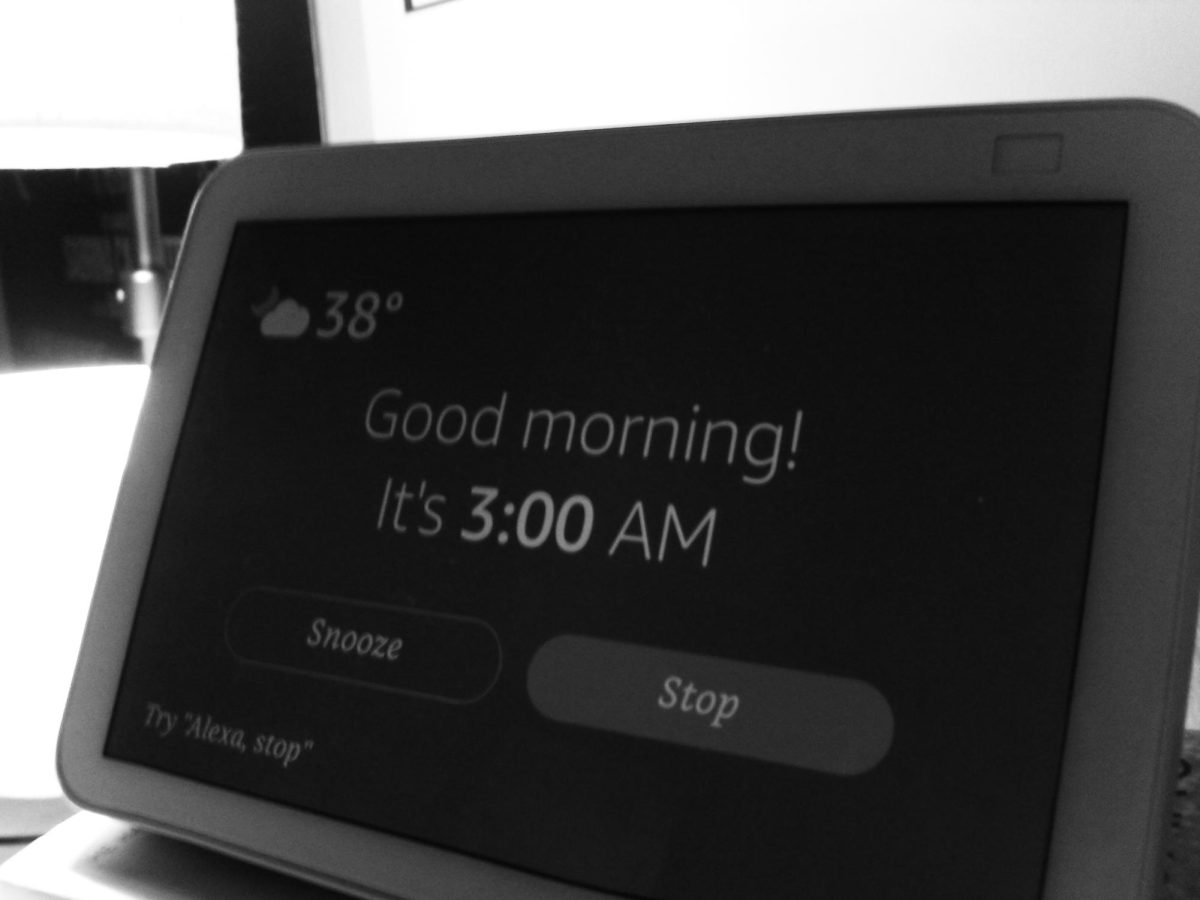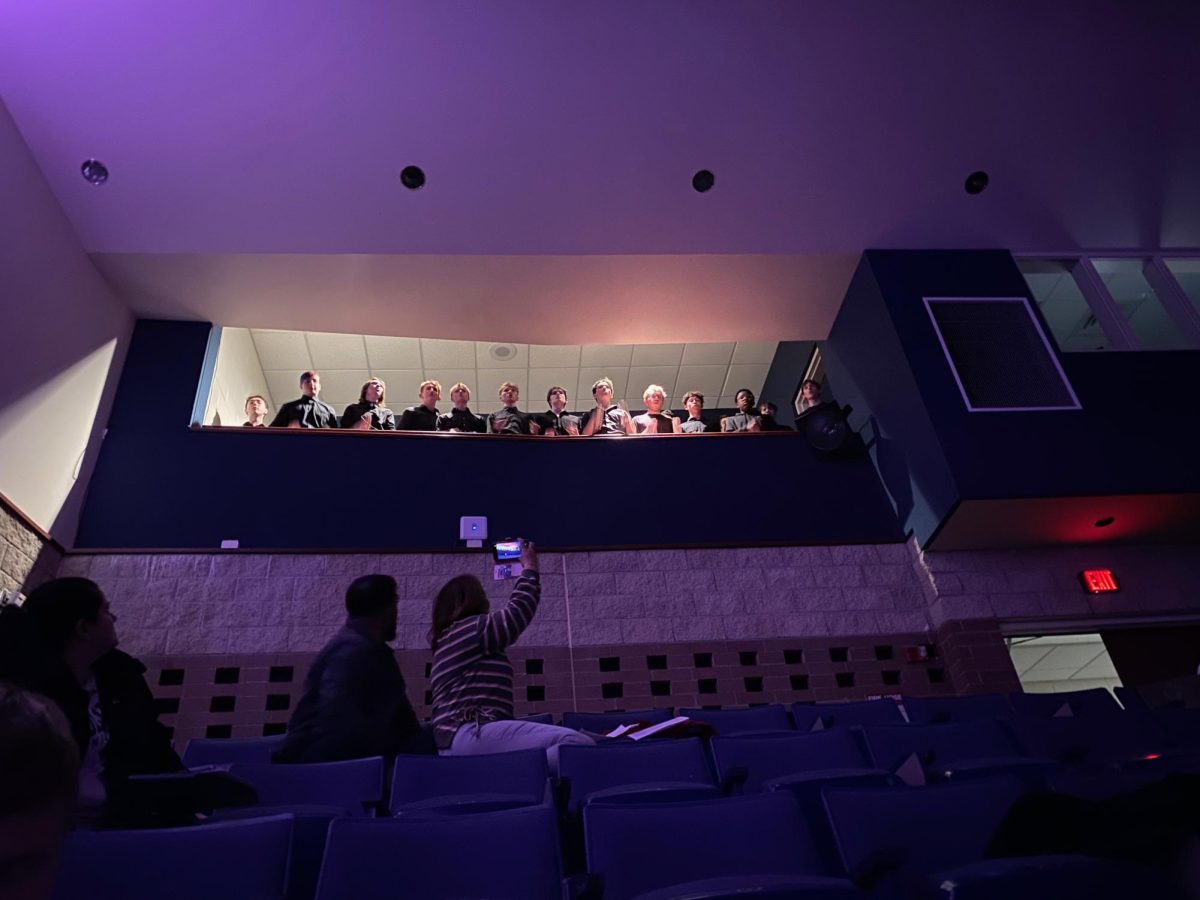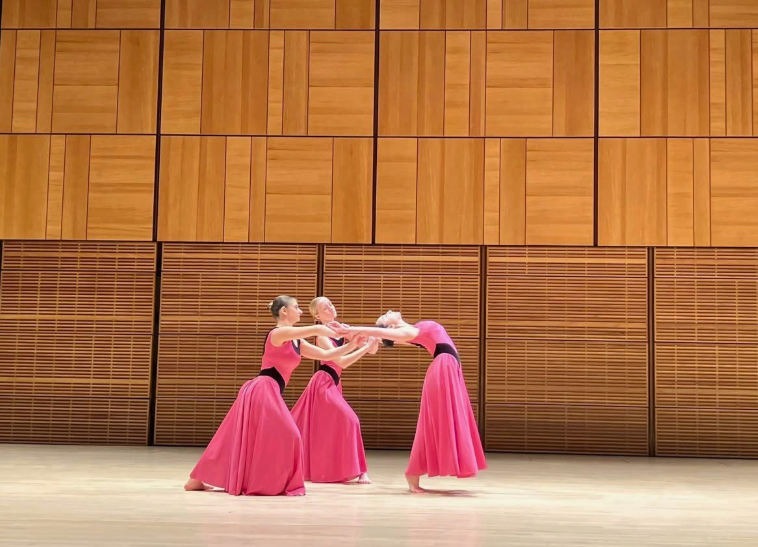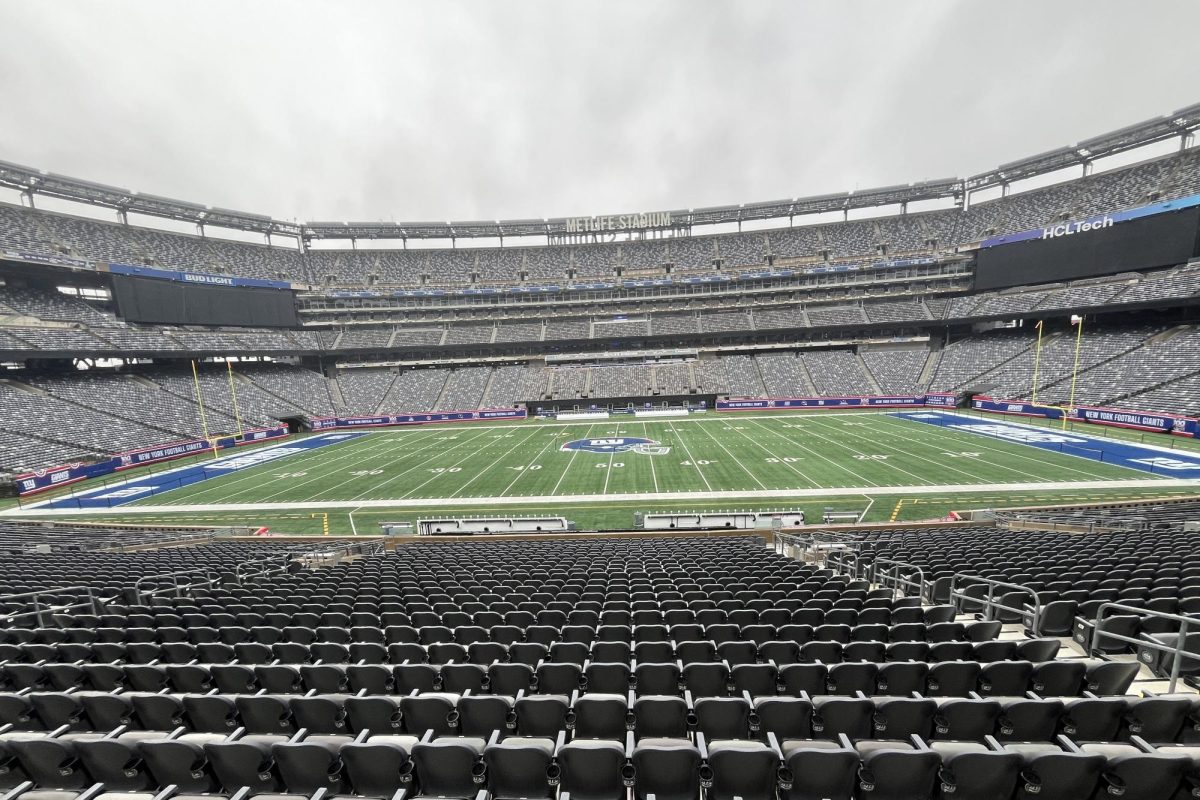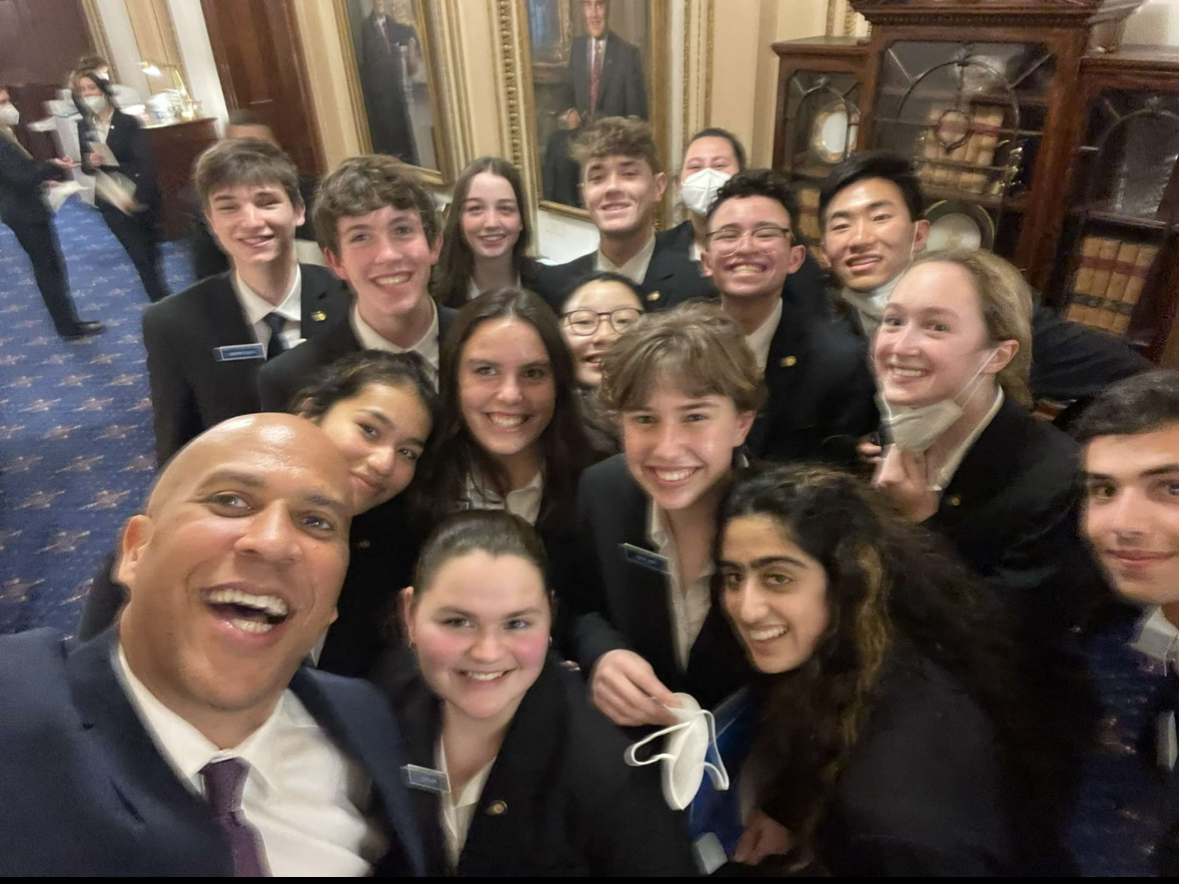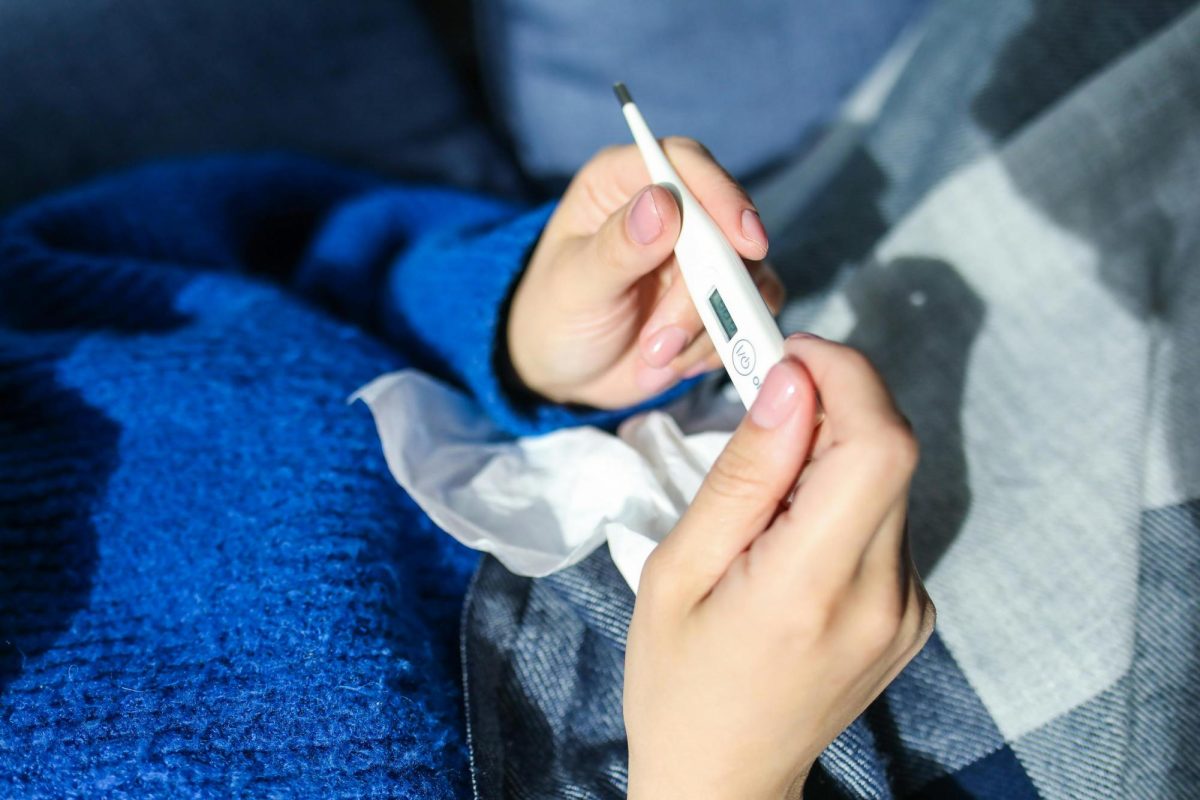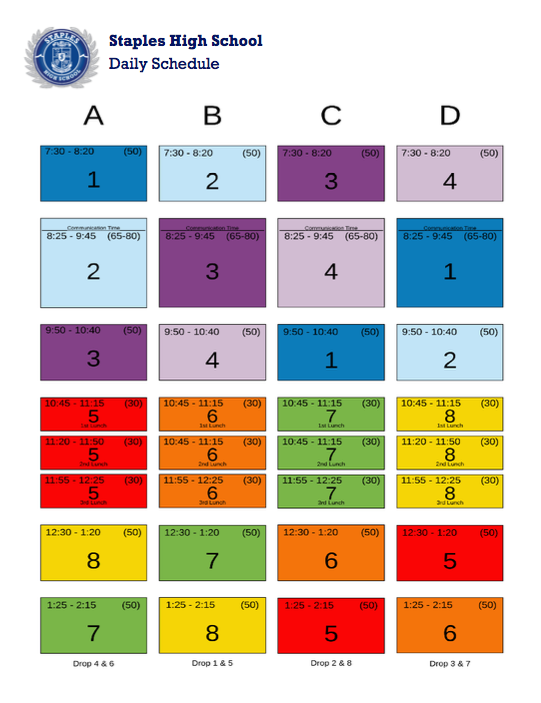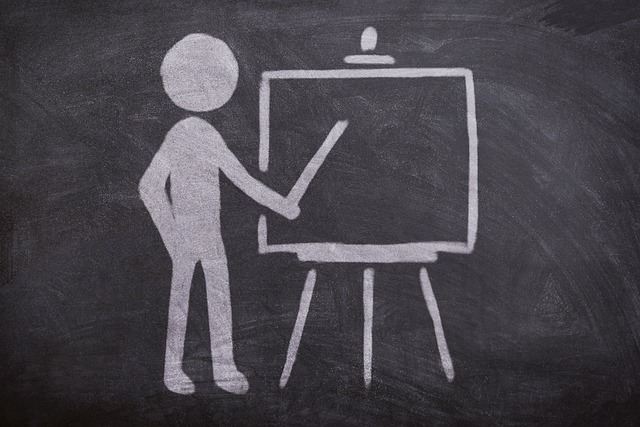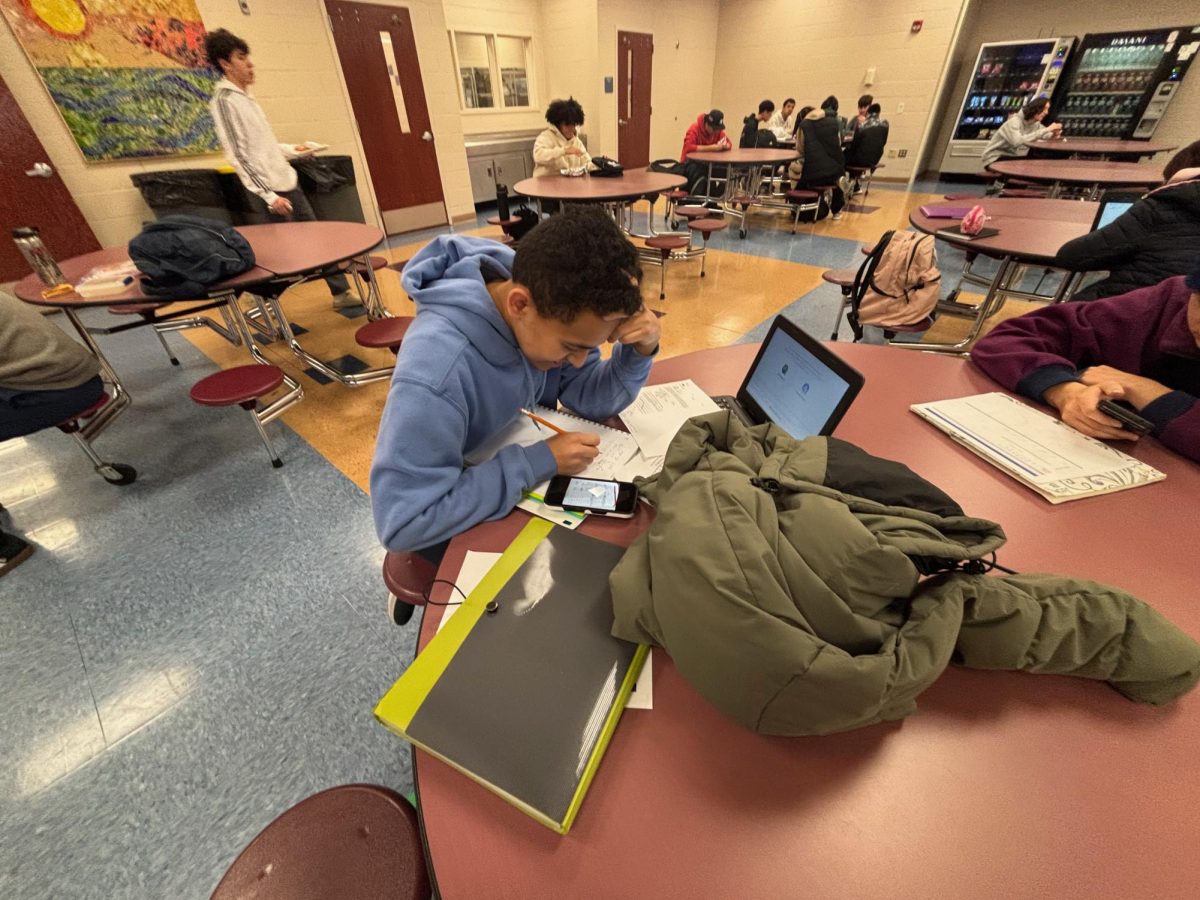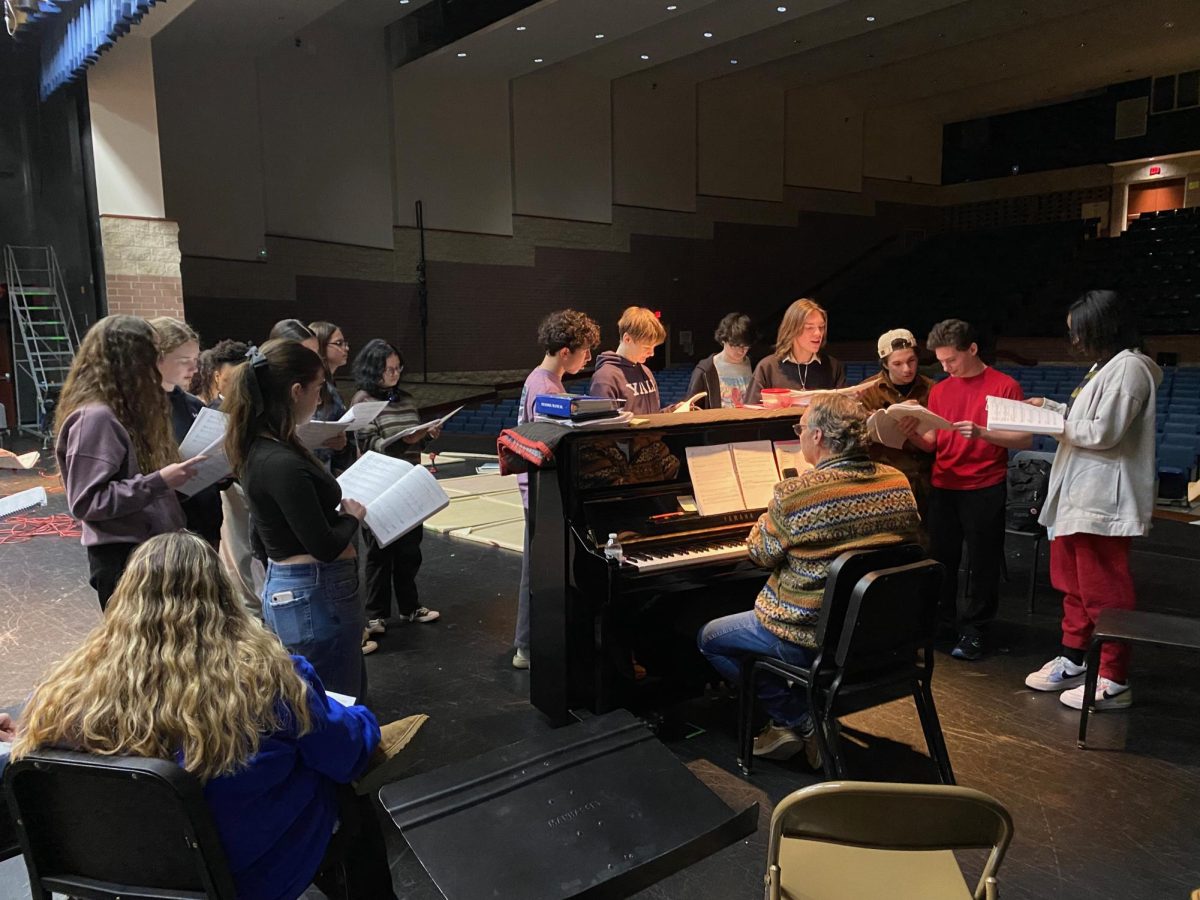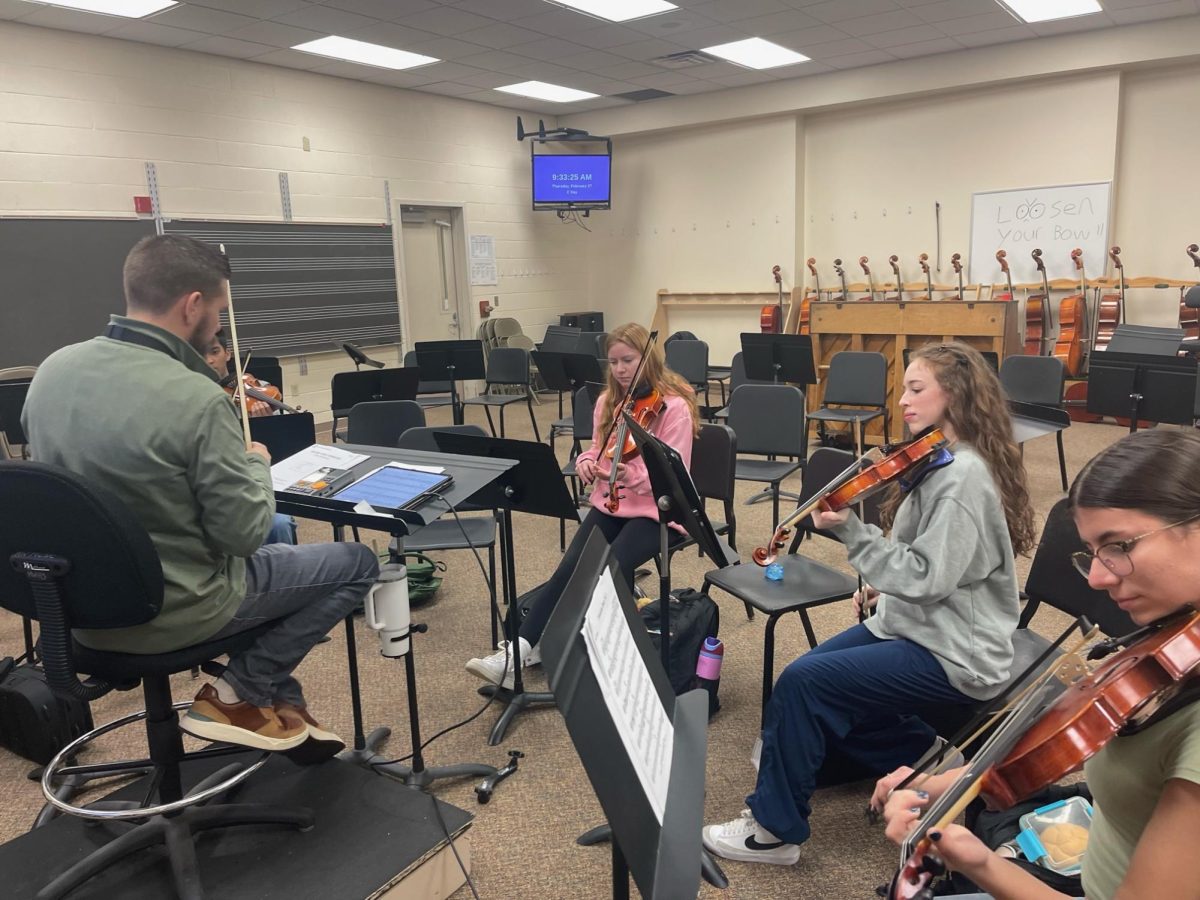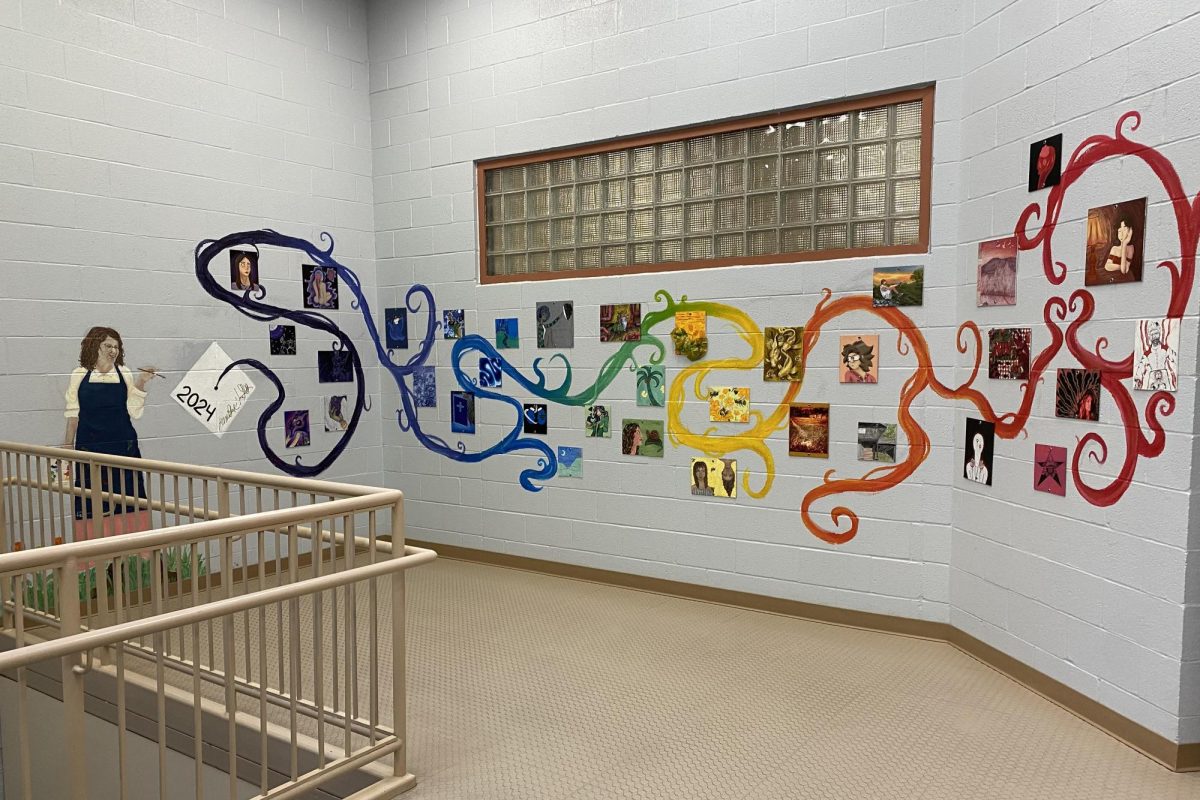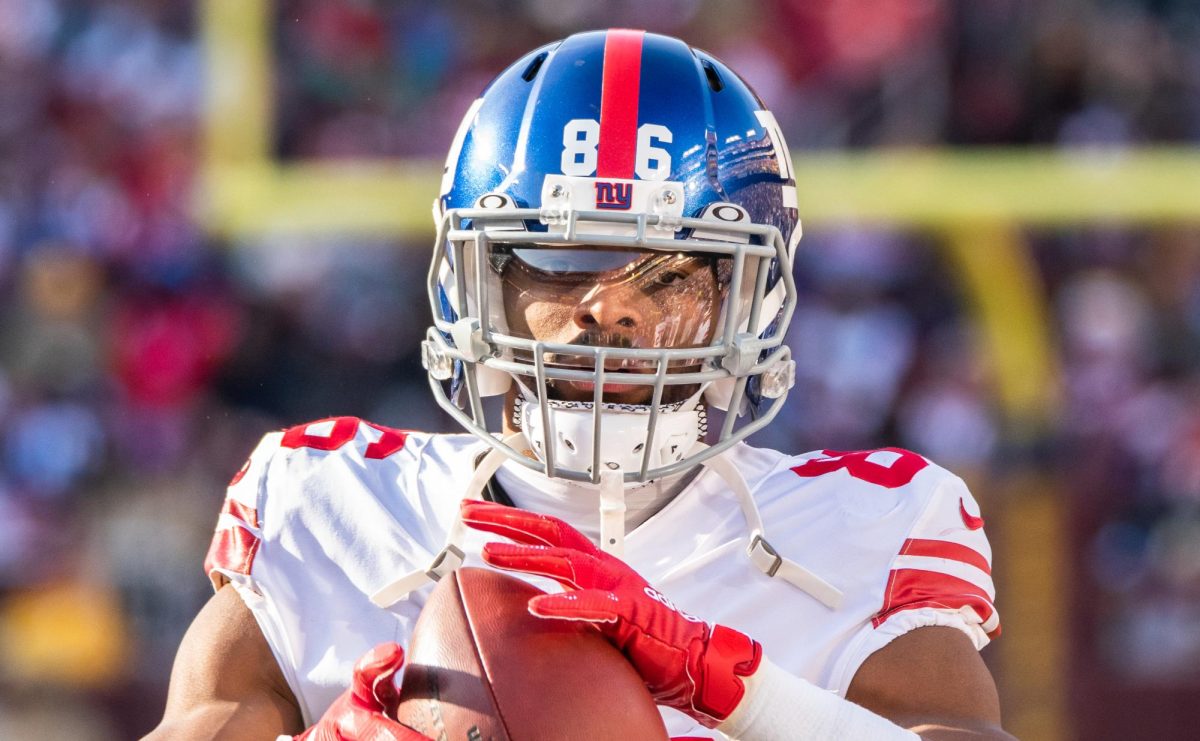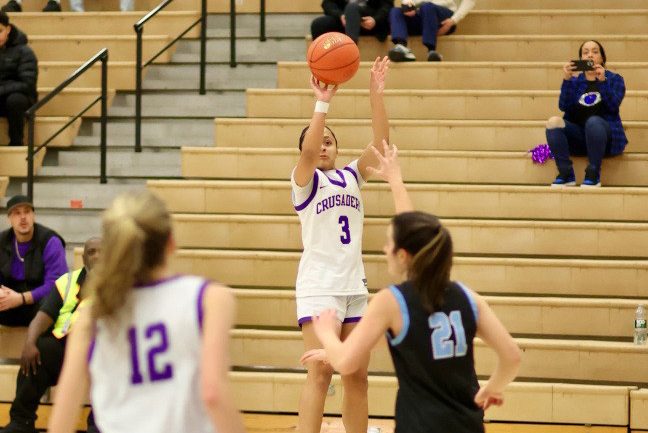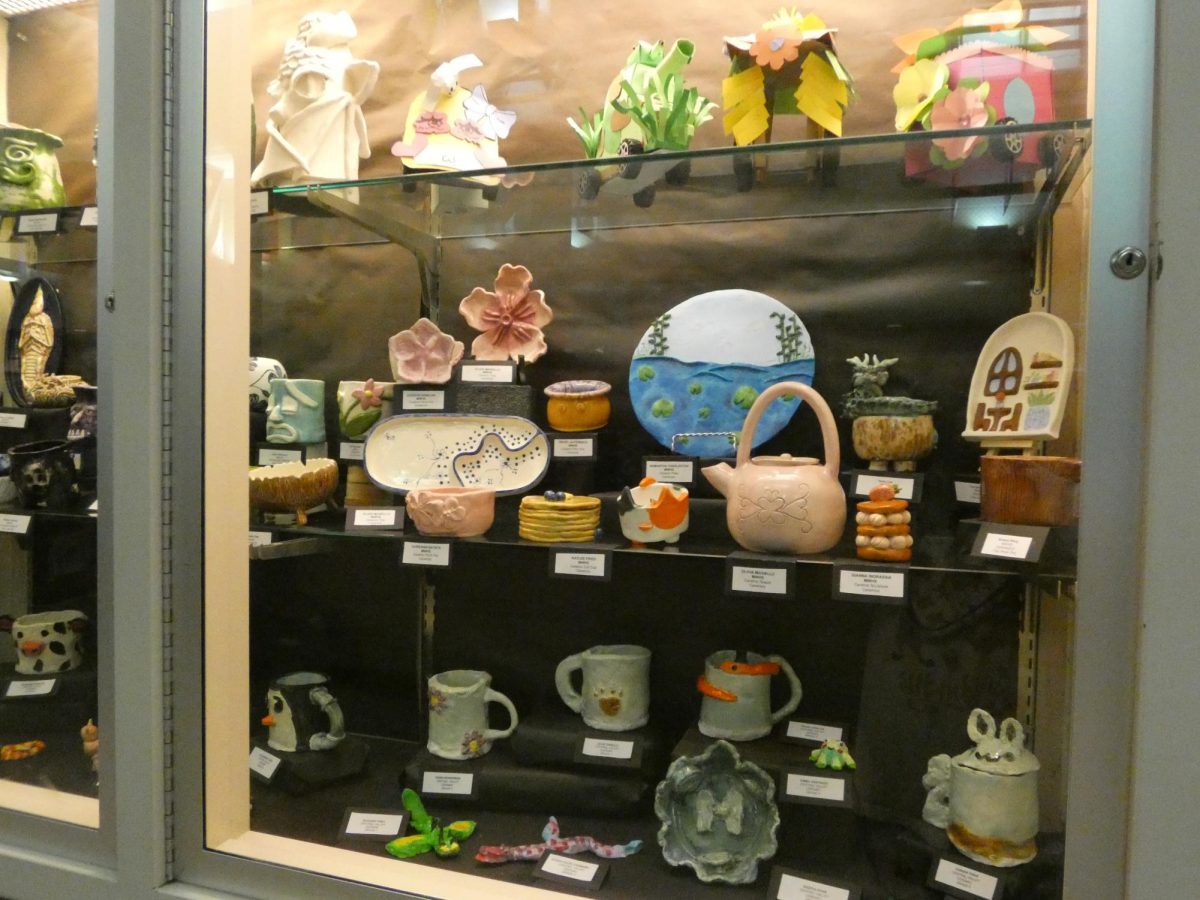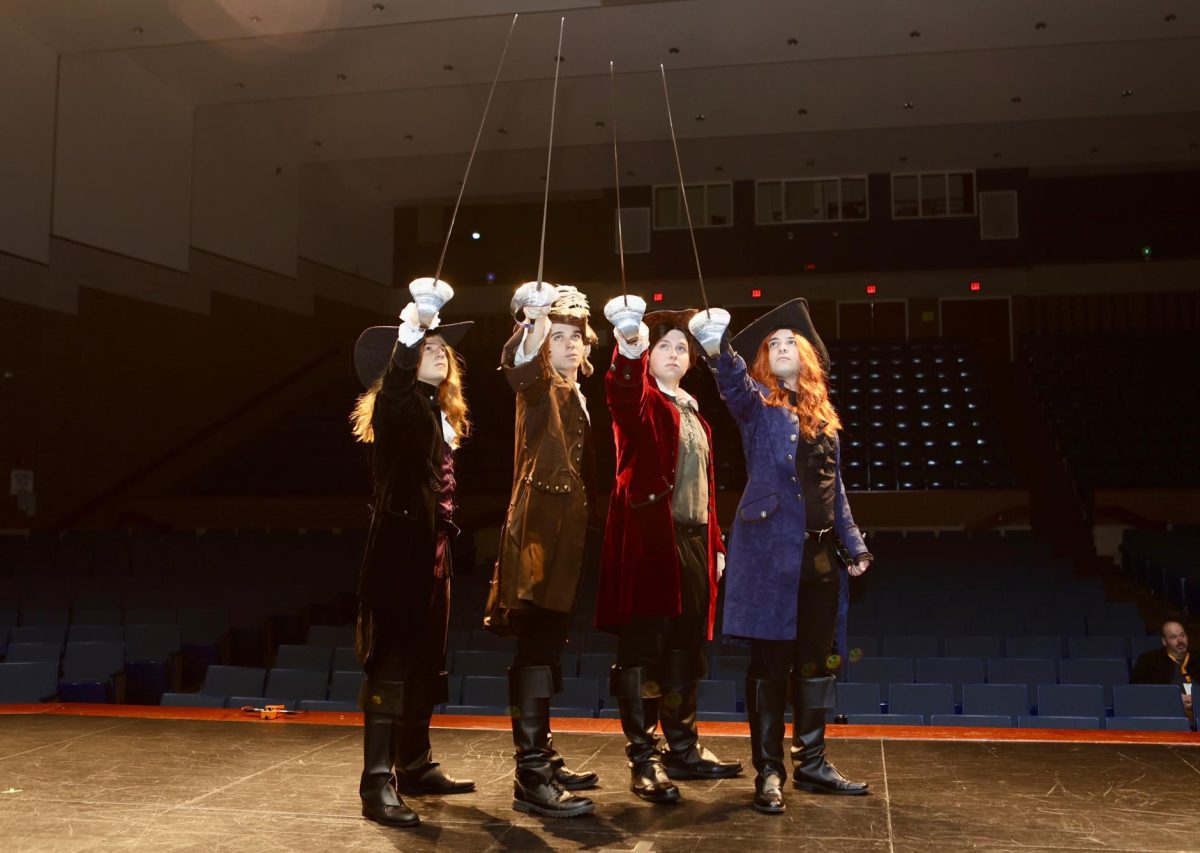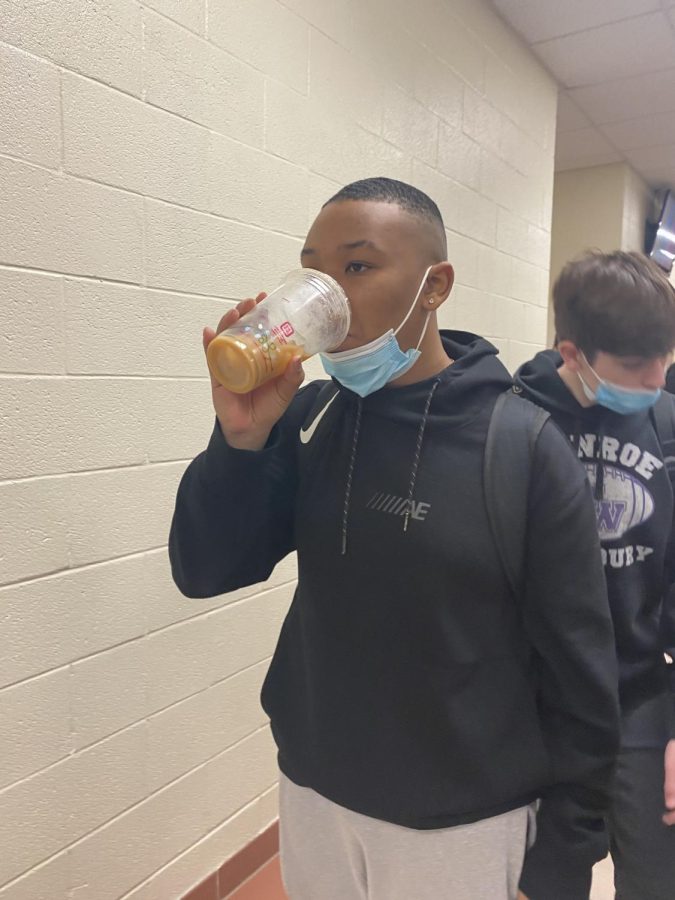Students and staff discuss the pros and cons of drinking coffee
March 25, 2022
Drinking coffee each morning has become a habit for many students at Monroe-Woodbury.
Coffee comes in many forms, such as lattes and cold brews. According to MedicalNewsToday, a health information website, 83.2 percent of teenagers regularly consume caffeinated beverages, and at least 96 percent of them consume these drinks occasionally.
However, according to Amy Morin, a psychotherapist and writer for Verywell Health, a website that provides professional wellness information, “Caffeine can cause a number of unwanted side effects in both teens and adults.”
Some short-term side effects of caffeine on teens, as stated by Morin, include insomnia, nervousness, muscle twitching, loss of calcium, and heart problems. Some studies have found that long-term effects of heavy caffeine usage can include slowing the maturing process of teenagers’ brains and reduced bone mass.
One cup of brewed coffee, before any added ingredients, contains anywhere from 95 to 200mg of caffeine. It is not recommended that teenagers have more than 100mg of caffeine a day.
Morin said caffeine can enhance mood and alertness, increase information processing speed, reaction time, awareness, and attention, but only in small doses.
Junior Emerson Stone said she drinks between two to five cups of coffee a day. Stone began drinking coffee around the age of 12 and hasn’t stopped since.
“Without coffee I wouldn’t be able to function,” said Stone. She believed drinking coffee enhanced her performance in school, providing her more energy to complete work and pay attention in class.
“I started drinking coffee in sixth grade,” said sophomore Kassidy Schaffer. She typically drinks two cups a day. According to Schaffer, coffee helps her have more energy at school.
In an anonymous poll taken by 38 students, only five students said they would consider themselves regular coffee drinkers. The results of the survey showed that many students at Monroe-Woodbury simply dislike coffee. Out of 31 responses, 39 percent said they don’t like the taste, 10 percent said there’s too much caffeine, and the remaining 51 percent believed it was a waste of money.
Seniors Madison Fulton and Gianna Panzica, said they dislike the taste of coffee, and junior Laura Rrapi said it always tastes bitter no matter how much sugar and cream she puts in it.
Senior Esperanza Fernandez works at Dunkin’ Donuts and sees many teenagers buying coffee on a daily basis. Fernandez said she sees teens “get drinks with a lot of added sugar and flavoring like lattes and cold brew.”
According to Mr. Tierney, a physical education teacher at the school, high schoolers drink very sweet “coffee,” and that it has negative effects on students.
“While there are many reasons I feel that it isn’t a suitable drink for high school students,” said Mr. Tierney, “the main reason is how students take their coffee.” He continued to say that in order for most students to enjoy drinking coffee, they first have to put excessive amounts of sugar in it.
English teacher Mr. Filie agreed. Mr. Filie said high school students don’t drink as much coffee as they think. He said they often use so much sugar and cream that it isn’t even coffee anymore.
Mr. Filie said there is more excitement around the idea of drinking coffee and not actually physically drinking it.
Some teachers at Monroe-Woodbury believe that students drinking coffee in class causes distractions.
“Having had to mop up spilled coffee in my classroom numerous times, yes, it can be disruptive,” said Chemistry teacher Mr. Oscarlece.
Ms. Wright, a health teacher, and Mr. Tierney both said students bringing coffee into class is acceptable, as long as they aren’t walking in late or trying to have it delivered it to the school.
“I think coffee is better than energy drinks on some level,” said Ms. Wright.
“I don’t have a problem with students drinking coffee,” said English teacher Ms. Blumberg. “Especially if it is in the morning to start their day.”
She doesn’t believe coffee is distracting, unless the student is late.
“If there is time to get coffee in the morning, then that’s great. If it will make you late, then it is not so great,” said Ms. Blumberg.
According to Ms. Blumberg, students should not be allowed to take their mask down to drink coffee.
Both Ms. Wright and Ms. Blumberg love drinking coffee. Ms. Wright drinks it daily, and Mr. Blumberg used to drink coffee all the time, but has since switched to matcha tea.

